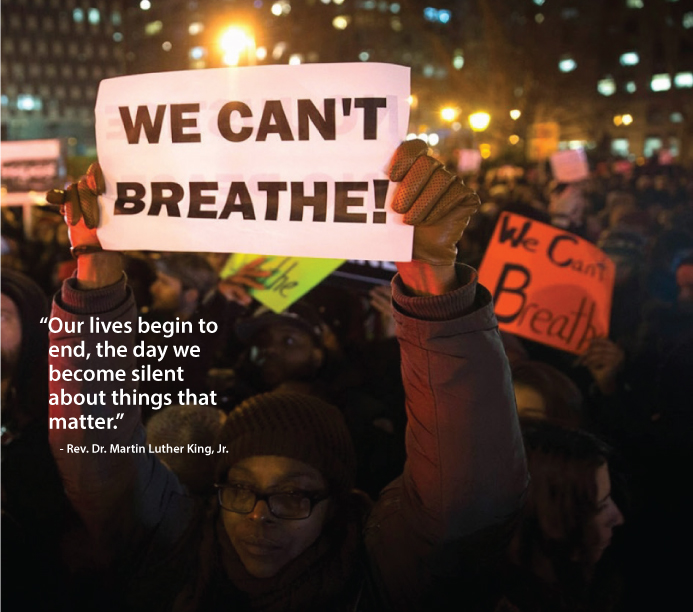


In the 1980’s and 1990’s, several Urban League affiliates recognized the need to prepare a new generation of young leaders to take the mantle of leadership of the civil rights movement.
Young African American men and women in their 20’s and 30’s were invited to participate in and take an active leadership role in their local Affiliate Urban League programs and activities. These new professional auxiliary groups began to operate as programs of affiliates in Detroit, MI (“The Blue Monday Network”), Chicago, IL (“The Metropolitan Board”), Philadelphia, PA (“Philadelphia Urban League Young Professionals”), and Washington, DC (“The Thursday Network”). These auxiliary groups actively supported the Urban League movement by educating other young professionals about the movement, recruiting new members, furnishing young volunteers, sponsoring educational initiatives like youth mentoring and tutoring programs, coordinating fund-raisers for scholarships and for the financial support of the affiliate, and delivering personal and professional development and networking opportunities to young professionals in their local communities.
National Urban League Young Professionals (NULYP) was unveiled at the 1999 National Urban League Annual Conference in Houston, TX. Today, there are 65 YP chapters nationwide.
MWULYP supports the goals and mission of the Metropolitan Wilmington Urban League by serving our communities and developing our members through personal and professional development, mentoring, economic empowerment, political engagement, and leadership development programs.
The mission of the Metropolitan Wilmington Urban League (MWUL) is
to empower people of color to achieve economic self-reliance, parity
and civil rights. The MWUL envisions a community where people, from
a wide array of backgrounds and experiences, contribute to and
benefit from an alliance that is committed to action-oriented public
policy research, and principled advocacy.
The MWUL is the Voice of Equity for those in Delaware who would
otherwise not be heard. The MWUL seeks to address the problems of
equality and fairness by assuring that those who influence change
represent the broader community and understand the economic and
social realities facing people of color.